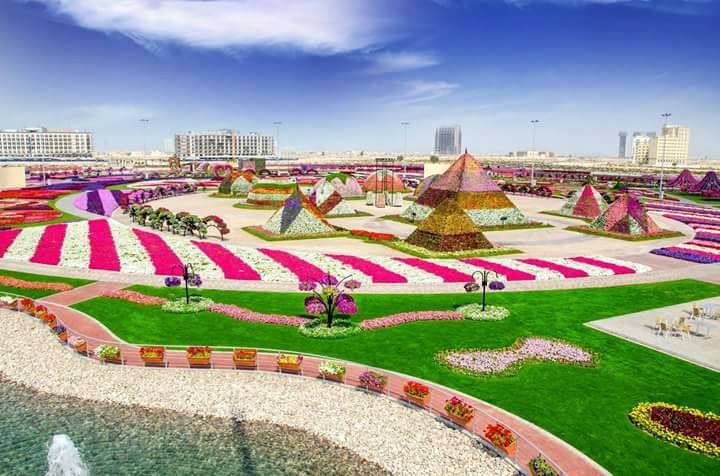beautiful gardening
13 REASONS WHY GARDENING IS GOOD FOR YOUR HEALTH
Gardening can reduce your risk of stroke (along with other activities as jogging and swimming) as reported in “Stroke: Journal of The American Heart Association”.
Gardening burns calories. Gardening is considered moderate to high-intensity exercise. According to the Centers for Disease Control and Prevention, you can burn up to 330 calories during just one hour of light gardening and yard work — more than lifting weights for the same amount of time. The National Institute of Health goes so far as to recommend 30 to 45 minutes of gardening three to five times a week as part of a good strategy
Heavy gardening is not only helpful in weight maintenance but also in reducing the risk of heart disease and other life threatening diseases. Just 30 minutes of moderate-level physical activity a few times a week can prevent and control high blood pressure. In fact, gardening scored a place on the The National Heart, Lung, and Blood Institute‘s recommendation list for battling high blood pressure.
Gardening decreases the likelihood of osteoporosis. When you dig, plant, weed, and engage in repetitive tasks that require strength or stretching, all of the major muscle groups are getting a good work out.
Gardening is a stress buster. As a matter of fact, it may be an even more effective stress buster than other leisure activities. In a study in the Netherlands (as reported by CNN), two groups of students were told to either read indoors or garden for thirty minutes AFTER completing a stressful task. The group that gardened reported being in a better mood than the group that read. And they also exhibited lower levels of cortisol, the stress hormone.
Being surrounded by flowers improves one’s health. In behavioral research conducted at Rutgers University by Jeanette M. Haviland-Jones, Ph.D., the results showed that flowers are a natural and healthful moderator of moods and have an immediate impact on happiness, a long term positive effects on mood, and make for more intimate connections between individuals
Gardening is a way of making meaning out of our lives. Being in the garden and feeling a profound connection to the land affords us the opportunity to focus on beauty and inspires us to experience feelings of awe, gratitude, and abundance.
The act of gardening enables us to enter the ‘zone’, also known as an altered state of consciousness – similar to what a jogger or one who practices yoga or mediation can experience. This transcendent state is a magical and spiritual place where one experiences the best of who she/he is.
It is likely that gardening and flowers serve as a means for survival; or in Darwinian terms, ‘survival of the fittest’. For more than 5000 years, people have cultivated flowers. There must be a reason why this practice continues to exist. As Michael Pollan has written, “It was the flower that first ushered the idea of beauty into the world the moment, long ago, when floral attraction emerged as an evolutionary strategy.”
Digging in the soil has actual health and ‘mood boosting’ benefits.
Larry Dossey, M.D. who wrote the new foreword for The New Revised Edition of Digging Deep and author of One Mind: How Our Individual Mind is Part of a Great Consciousness and Why It Matters writes: “The importance of gardening and “digging deep” is written into our physiology. Evidence for what’s called the “hygiene hypotheses” is abundant. Briefly, we know that children who are exposed to dirt in the formative years develop healthier, stronger immune systems when compared to children whose parents keep them squeaky clean, and they have a lower incidence of asthma, eczema and allergies later in life. Exposure to dirt in childhood promotes good health.” 1
Christopher Lowry, Ph.D., an assistant professor of integrative physiology at the University of Colorado at Boulder, has been injecting mice with Mycobacterium vaccae, a harmless bacteria commonly found in soil, and has found that they increase the release and metabolism of serotonin in parts of the brain that control cognitive function and mood — much like serotonin-boosting antidepressant drugs do.
Gardening Improves Relationships and Compassion. Research shows that people who spend extended lengths of time around plants tend to have better relationships with others. “This is due to measurable increases in feelings of compassion; another effect of exposure to ornamental plants. Studies have shown that people who spend more time around plants are much more likely to try and help others, and often have more advanced social relationships. People who care for nature are more likely to care for others, reaching out to their peers and forming shared bonds resulting from their common interests. Extended exposure to nature and wildlife increases people’s compassion for each other as it increases people’s compassion for the environment in which they live. In short, being around plants can help to improve relationships between people and increase their concern and empathy toward others.” 2
Gardening may lower the risk of dementia. Some research suggests that the physical activity associated with gardening can help lower the risk of developing dementia. Two separate studies that followed people in their 60s and 70s for up to 16 years found, respectively, that those who gardened regularly had a 36% and 47% lower risk of dementia than non-gardeners, even when a range of other health factors were taken into account
Gardening strengthens your immune system. While you’re outdoors basking in the sun, you’ll also soak up plenty of vitamin D, which helps the body absorb calcium. In turn, calcium helps keep your bones strong and your immune system healthy.







Hi! I am a robot. I just upvoted you! I found similar content that readers might be interested in:
https://gardeninggonewild.com/?p=27941